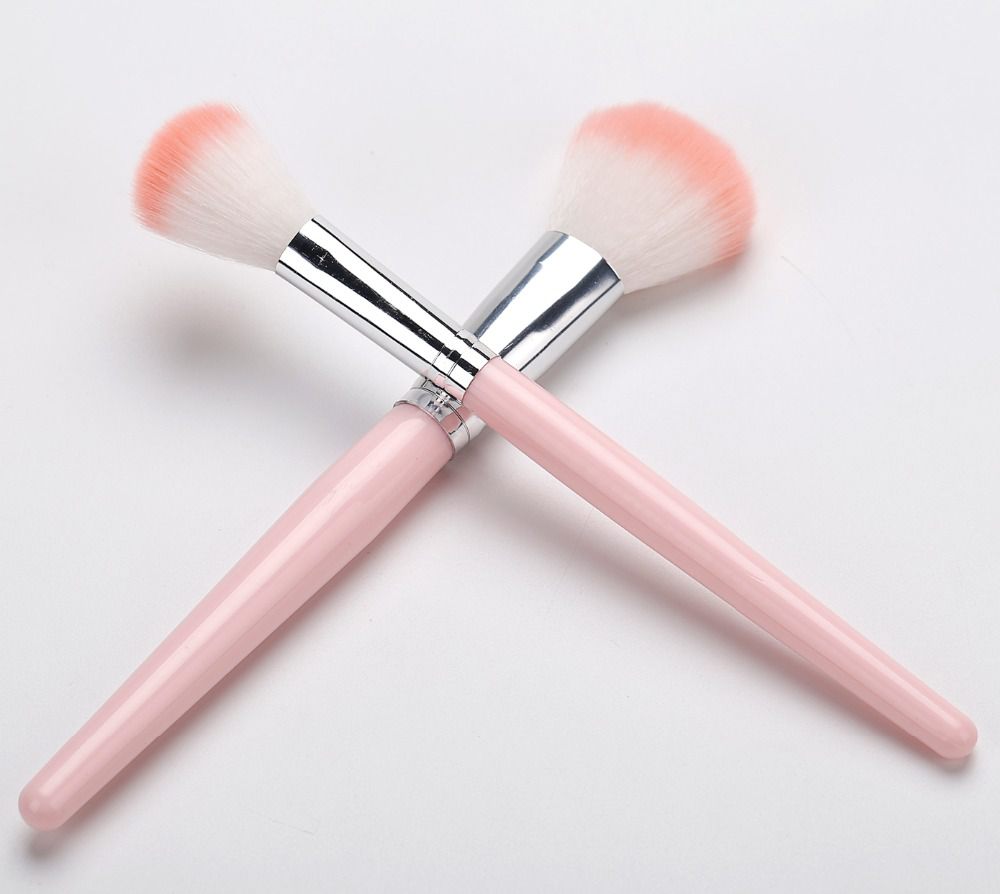Industry news
South African Brush Brands Partner with Local Artisans: The Rise of Handcrafted Bristle Designs
- 329 Views
- 2025-06-28 09:32:33
South African Brush Brands Partner with Local Artisans: The Rise of Handcrafted Bristle Designs
In recent years, South Africa’s beauty industry has witnessed a notable shift toward sustainability and artisanal craftsmanship, with local brush brands increasingly forging partnerships with skilled artisans to create handcrafted bristle designs. This collaboration not only celebrates the country’s rich heritage of handiwork but also addresses a growing global demand for unique, ethically made beauty tools.
The Driving Force Behind the Collaboration

The trend is rooted in two key factors: consumer preference and cultural preservation. Modern beauty consumers, particularly in eco-conscious markets, are no longer satisfied with mass-produced, generic products. They seek stories—narratives of craftsmanship, sustainability, and community impact. South African brush brands, recognizing this, are turning to local artisans, many of whom belong to rural communities with generations-old skills in fiber processing and handcrafting.
For artisans, these partnerships offer more than income; they provide a platform to preserve traditional techniques. “Our grandfathers and mothers have been working with natural fibers for decades—sorting, cleaning, and shaping them by hand,” says Thandiwe Nkosi, a lead artisan at a KwaZulu-Natal-based collective partnering with a Johannesburg brush brand. “Now, this knowledge isn’t just for baskets or textiles; it’s for makeup brushes. It’s keeping our heritage alive.”

The Art of Handcrafted Bristles: Technique and Quality
What sets these handcrafted brushes apart? The answer lies in the details of bristle design. Unlike machine-made brushes, which often rely on uniform synthetic fibers, artisanal versions prioritize natural, locally sourced materials—think soft boar hair from Eastern Cape farms, fine ostrich down from Free State ranches, or even plant-based fibers like sisal from Limpopo.
The process begins with manual sorting: artisans meticulously separate fibers by length, thickness, and flexibility to ensure consistency. Next, they hand-trim the bristles to shape—whether a fluffy powder brush or a precise eyeliner brush—using techniques passed down through families. “Machine-cut bristles can be harsh or uneven,” explains Lwazi Mthembu, product developer at a Cape Town-based brush brand. “Hand trimming lets us taper the tips gently, making the brush softer on skin and better at picking up product.”
This attention to detail results in brushes that perform differently: they blend makeup more seamlessly, last longer (thanks to careful fiber selection), and carry a unique “handmade” texture that resonates with luxury buyers.
Impact: Economic Empowerment and Sustainable Growth
Beyond product quality, the partnerships are driving tangible change in local communities. By outsourcing bristle crafting to artisan collectives, brands reduce reliance on imported materials and manufacturing, keeping profits within South Africa. In regions like the Eastern Cape, where unemployment rates are high, these collaborations have created steady jobs for over 200 artisans in the past three years, according to a 2024 report by the South African Beauty Industry Association.
Sustainability is another key benefit. Artisans often use zero-waste methods—recycling fiber scraps for smaller brushes or composting organic materials—aligning with global beauty trends toward eco-friendly production. “We don’t just make brushes; we make them responsibly,” notes Nkosi. “That’s what our customers want, and that’s what keeps us proud.”
Looking Ahead: A Model for Global Beauty
As demand for artisanal beauty tools grows, South African brands are positioning themselves as leaders in this niche. Early adopters, like Cape Town’s “Artisan Brush Co.” and Johannesburg’s “Heritage Bristles,” have already expanded into European and North American markets, where their “handmade in South Africa” story has become a key selling point.
For the industry, this collaboration is more than a trend—it’s a blueprint for balancing tradition and innovation. By valuing local skills and sustainable practices, South African brush brands are proving that beauty tools can be both effective and meaningful. As Mthembu puts it: “A brush isn’t just a tool. It’s a piece of our culture, in someone’s makeup bag.”
South African brush brands, local artisans collaboration, handcrafted bristle designs, sustainable makeup brushes, artisanal brush craftsmanship
South African brush brands are partnering with local artisans to create handcrafted bristle designs, blending traditional fiber-processing skills with sustainable practices to meet global demand for unique, ethically made beauty tools, driving community empowerment and market innovation.











